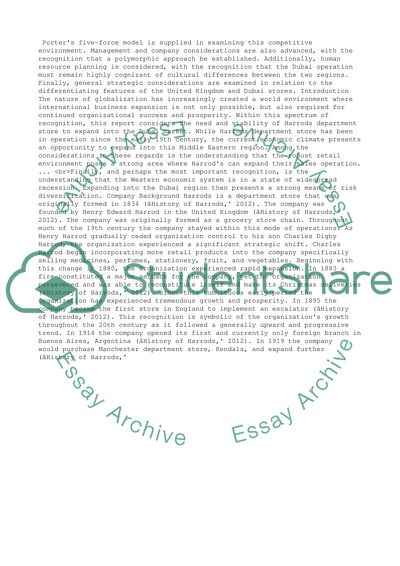Cite this document
(“Going INTERNATIONAL: taking a local business overseas Assignment”, n.d.)
Going INTERNATIONAL: taking a local business overseas Assignment. Retrieved from https://studentshare.org/business/1400021-going-international-taking-a-local-business
Going INTERNATIONAL: taking a local business overseas Assignment. Retrieved from https://studentshare.org/business/1400021-going-international-taking-a-local-business
(Going INTERNATIONAL: Taking a Local Business Overseas Assignment)
Going INTERNATIONAL: Taking a Local Business Overseas Assignment. https://studentshare.org/business/1400021-going-international-taking-a-local-business.
Going INTERNATIONAL: Taking a Local Business Overseas Assignment. https://studentshare.org/business/1400021-going-international-taking-a-local-business.
“Going INTERNATIONAL: Taking a Local Business Overseas Assignment”, n.d. https://studentshare.org/business/1400021-going-international-taking-a-local-business.


